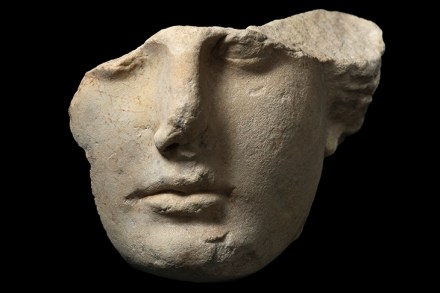An ambivalent icon
Immigrants to the United States in the late 19th century discovered in Upper New York Bay, after a long, uncomfortable trans-Atlantic journey, a real portal and a symbolic one. There was Ellis Island: designer, William A. Boring. Then there was the Statue of Liberty on neighbouring Bedloe’s Island: designer, Frédéric-Auguste Bartholdi. The first was a practical introduction to America, where you got processed; the second a more mystical one, where you got inspired. It’s a good moment to publish an account of the Statue of Liberty, perhaps the world’s most famous sculpture. One reason: in London there’s an evolving debate about what a monument should be, stimulated by the clumsy





















